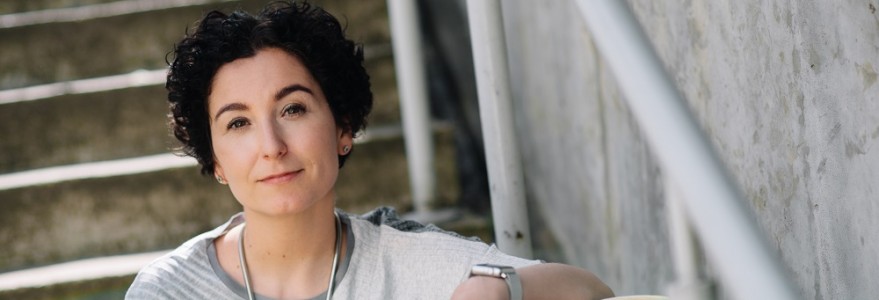Center for Research and Practice in Cultural Continuity is a new international research entity established at the Faculty of “Artes Liberales” of the University of Warsaw.
The center is a common initiative of the University of Warsaw, School of Oriental and African Studies (University of London), Leiden University, University of Groningen and Max Planck Institute for the Science of Human History in Jena. It is located at the Faculty of “Artes Liberales” where Dr. Justyna Olko, an ERC grant holder, along with her multidisciplinary team, carries out numerous interdisciplinary projects regarding the cross-cultural transfer between Europe and America, and the revitalization of endangered languages.
Scholars who participate in these projects come from all over the world. Also, native speakers of endangered languages contribute to the research. – What we have been trying to do is to construct bridges between academy, ethnic/linguistic minorities and local communities, and non-academic organizations and institutions, including local activists – explains Dr. Justyna Olko. – We work with some of the linguistic minorities in Poland, including speakers of Wymysiöeryś, Lemko, Kashubian. We work with the representatives of the Isle of Man and Guernsey, speakers of Basque (Euskara), Sámi in Finland and Norway, and Nahuatl in Mexico – enumerates the researcher. Practical strategies and materials on the revitalisation of languages are also the results of scientific projects. The scholars compile books, dictionaries, and other materials useful in learning endangered languages. They organise workshops and capacity-building events. They support local initiatives aimed at preserving cultural and linguistic diversity of a given region as well as co-organise cultural events.
– The establishment of the Center for Research and Practice in Cultural Continuity is a consequence of all the research projects which we have been conducting in the last years. Our international and interdisciplinary team has been developing since 2010, when we began our grant “Language encounters between the Old and New Worlds. Language as the medium of cross-cultural transfer in early New Spain”. This research was financed by the Foundation for Polish Science – says Dr. Olko. In the next years, the researcher received also the European Research Council grant, financed from the budget of the 7th Framework Programme, and the Twinning grant, funded within the Horizon 2020. Dr. Olko also led projects funded by the National Science Center and the Polish Ministry of Science and Higher Education. Partners from abroad and local communities contributed to those undertakings. – By our work and engaged research we would like to respond to key societal challenges related to linguistic and minority groups’ rights, and also help to support and promote linguistic-cultural diversity and good language policies – explains Dr. Olko.
In November, the center will organise the first European Nahuatl conference, workshops and an international conference “Engaged humanities” focusing on the revitalization of endangered languages. In December, the scholars will begin working on a new project “Language as a cure: linguistic vitality as a tool for psychological well-being, health and economic sustainability”. The project addresses social, cultural and economic challenges linked to the reduction of linguistic diversity as well as discrimination and trauma associated with language endangerment and loss among speakers of minority languages and migrants. It aims at providing holistic, interdisciplinary, and contextualized study seeking relationship between language vitality and psychological and physical health and wellbeing, including economic sustainability, development and productivity. It will also provide practical guidelines and solutions at societal, educational, economic, psychological healthcare-related levels. The study will be carried out with groups speaking minority and migrant languages, focusing on the area of Poland (speakers of Lemko and Wymysiöeryś, and Ukrainian migrants), but including a comparative perspective for relating to earlier research on the topic carried out in non-European contexts (Nahuatl). The project is led by Dr. Olko and Prof. Michał Bilewicz from the Faculty of Psychology, University of Warsaw.



